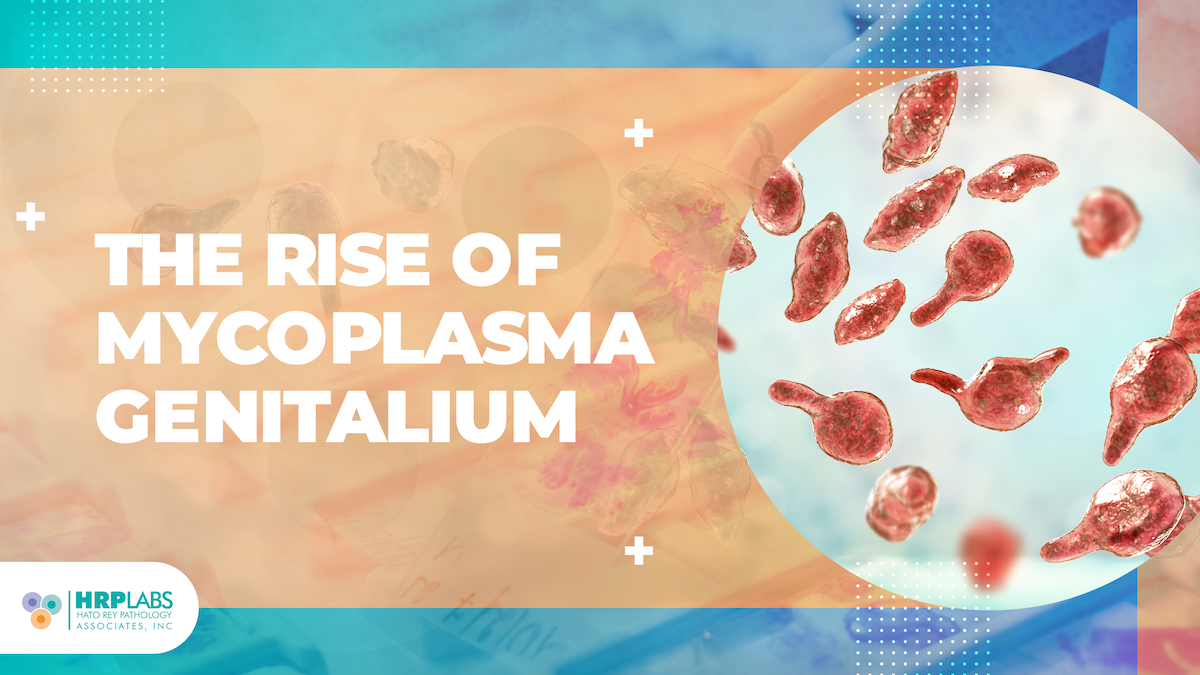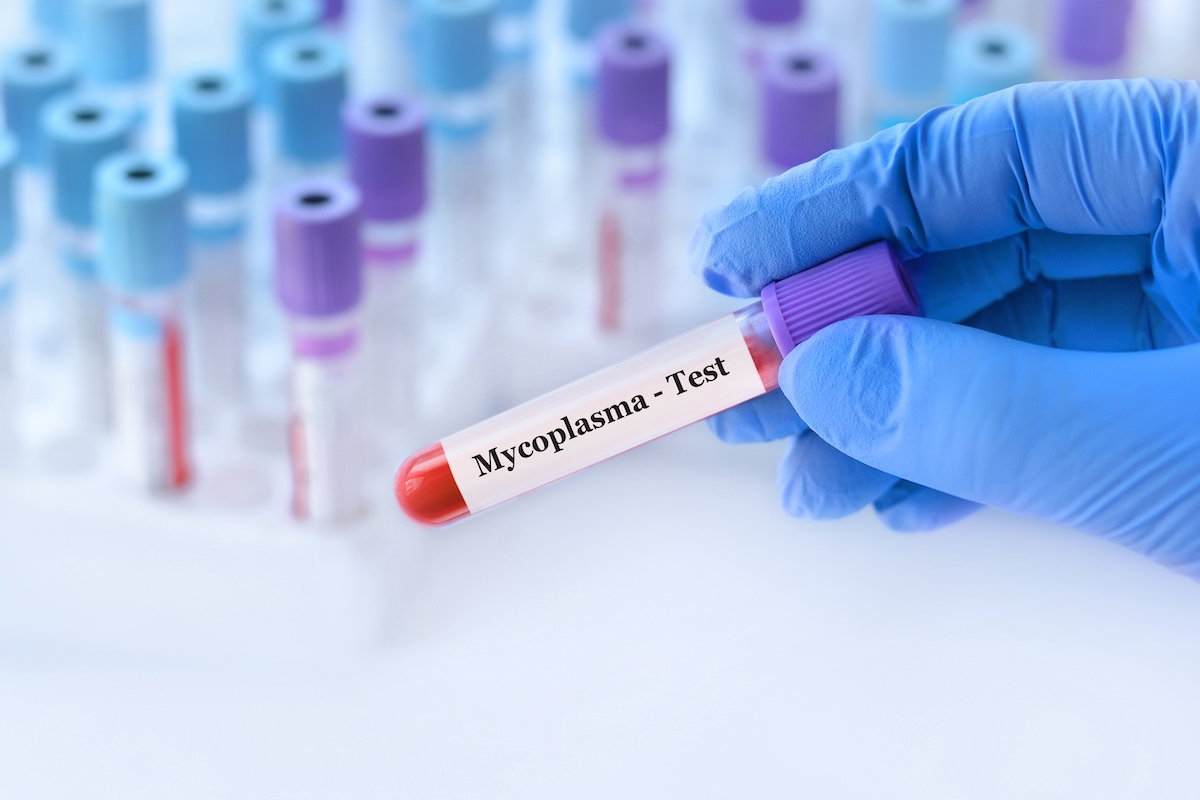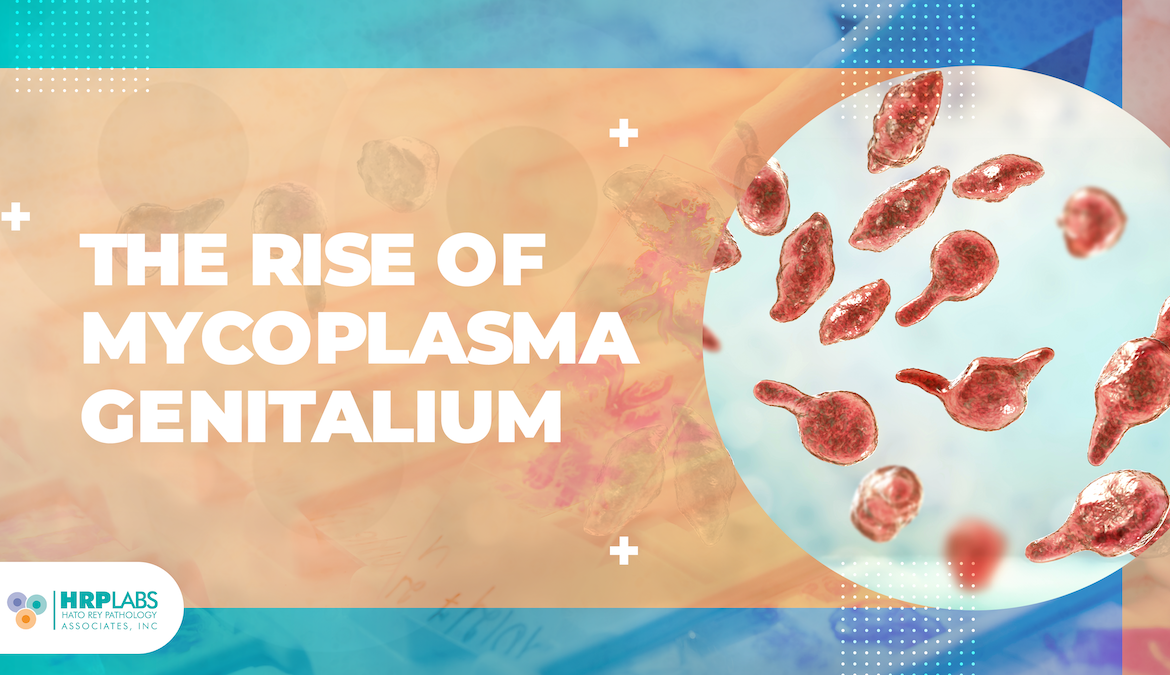
Mycoplasma genitalium is a sexually transmitted bacterium that was first identified in the 1980s, though it has been steadily becoming more common in recent years and is believed to have surpassed Gonorrhea in infection cases. This bacterium colonizes the male and female reproductive tracts, causing a variety of problems.
It has been associated with acute, chronic urethritis in people with a penis, and while data on people with vaginas is limited, it has also been associated with cervicitis and pelvic inflammatory disease. Though there is no confirmed link between M. genitalium and infertility, professionals don’t rule out the possibility. Staying informed and protected are the best ways to prevent STIs, so continue reading for information on the causes, diagnoses, and potential treatments of Mycoplasma genitalium.
Symptoms & Complications
It’s generally asymptomatic, meaning that it won’t usually present symptoms at all. However, in cases where symptoms do present themselves, these tend to be similar to those of chlamydia, gonorrhea, and genital herpes. This makes it incredibly important to discern the exact source of the symptoms when these are present.
Some of the potential symptoms include:
- Itchiness
- Painful burning sensation
- Urethral discharge
- Urethral inflammation
- Vaginal discharge
- Cervicitis
- Post-coital bleeding
- Pelvic inflammatory disease
Complications in women can include spontaneous abortion and pre-term delivery.

Diagnosis
Diagnosis of M. genitalium is complicated. There is no commercially available test, and patients are likely to be tested for it after failing treatment for other STIs with similar symptoms.
Confirmation of a Mycoplasma diagnosis involves a Nucleic Acid Amplification Test or NAAT. The tissue can be sampled through a first-pass urine sample (FPU), an anorectal swab, a vaginal swab, or an endocervical swab.
A doctor can perform the sample collection in their own medical office and send the samples to our lab for analysis, where our specialists can confirm the diagnosis.

Treatment
M. genitalium can be treated through antibiotics, though studies have shown increased resistance to ones such as moxifloxacin, azithromycin, and macrolide. Because of this tendency, the CDC recommends resistance testing when available and subsequent Doxycycline treatment with the appropriate dosage.
As with most STIs, it’s recommended to take preventive measures such as using condoms and getting tested regularly. At HRP Labs we work on each test with precision and excellence, to ensure an accurate diagnosis. For appointments and information, call (787) 723-2333. Email: customerservice2@hrplabs.com.

